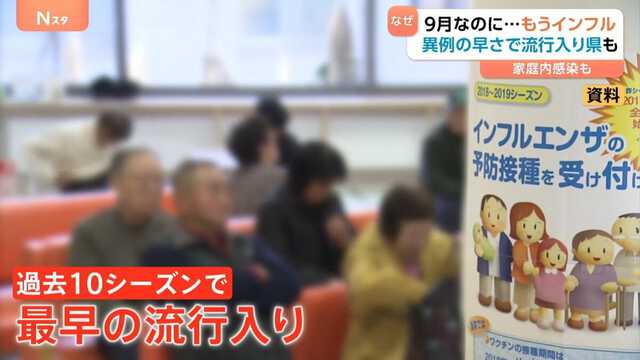Reports are pouring in that Japan is already reeling under the impact of a potentially potent influenza epidemic. This article focuses on the causative elements propelling the spread of this viral disease. The recent rise in the number of reported cases is sparking concern among health officials. Health professionals are working relentlessly to control the situation and alleviate potential health threats.
The early outbreak and comprehensive spread of influenza have triggered alarm inside Japan. The Japanese society, which values public health and cleanliness highly, is concerned about the repercussions. The Japanese government also tends to be proactive in implementing health policies during such situations and ensuring citizens are adequately vaccinated or provided with preventive advice.
In the US and EU, similar health issues are taken seriously with efficient and comprehensive responses from their respective health departments. Flu season often results in public awareness campaigns, availability of vaccines, and promotion of hygiene. The main difference lies in the cultural approach: while the US and EU focus on individual prevention, Japan sees it as a collective responsibility to prevent the disease's spread.

